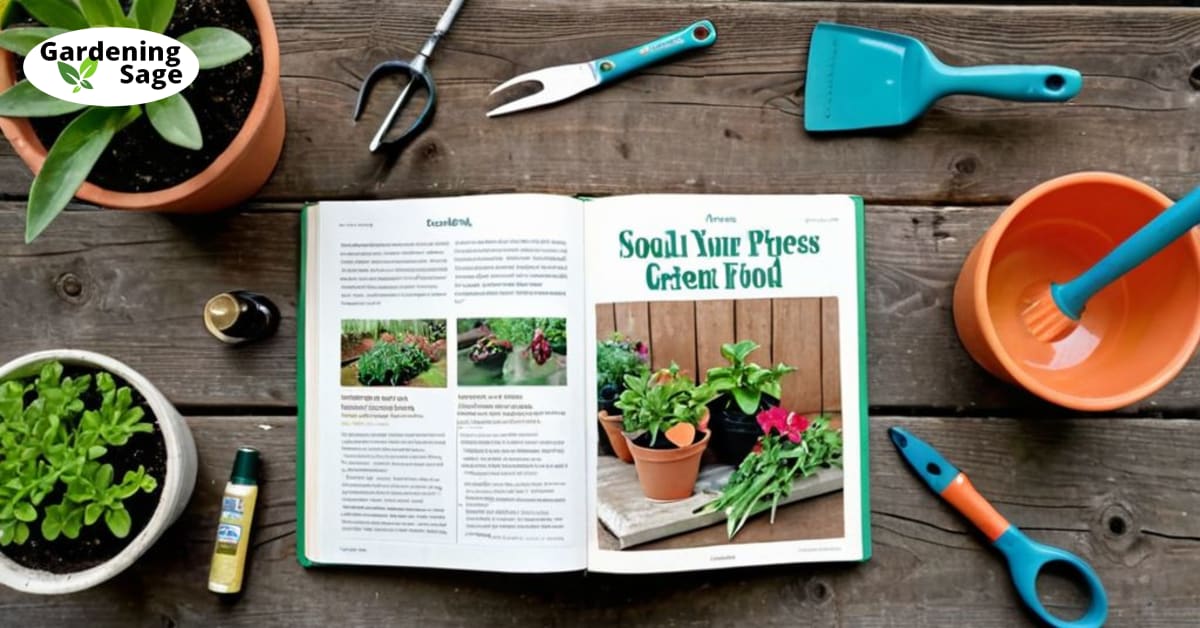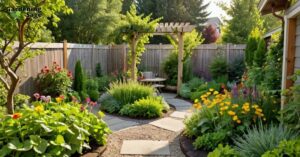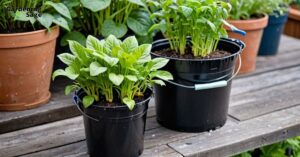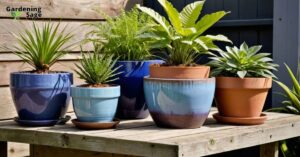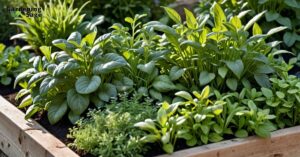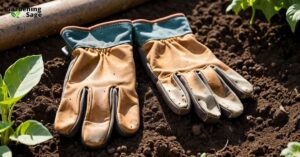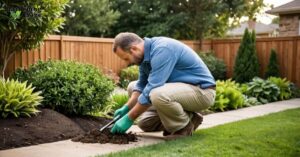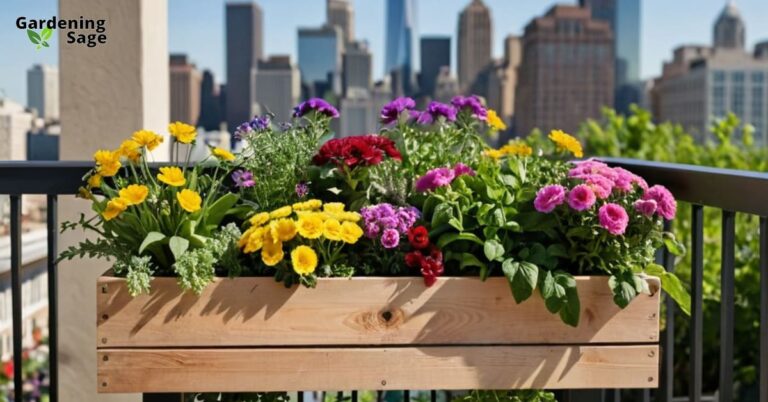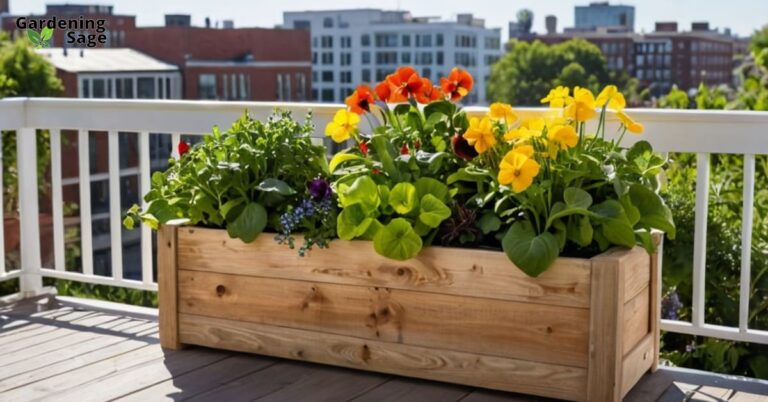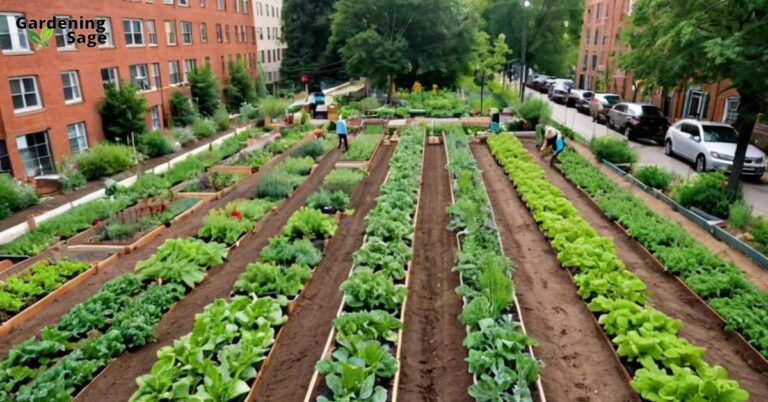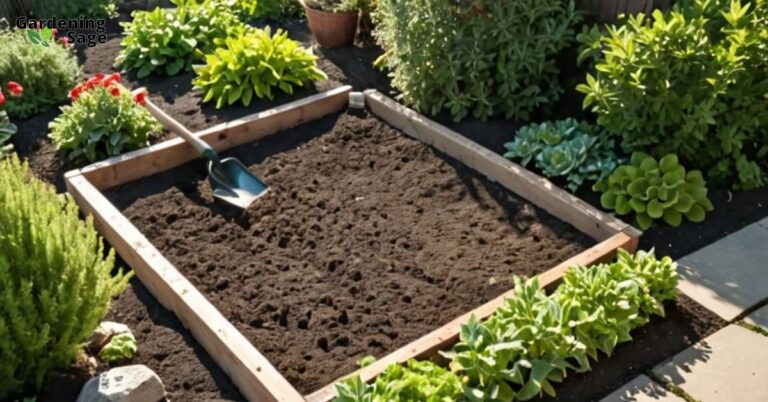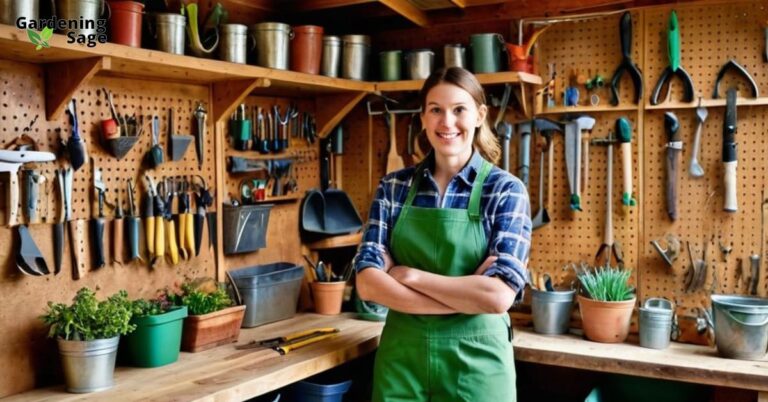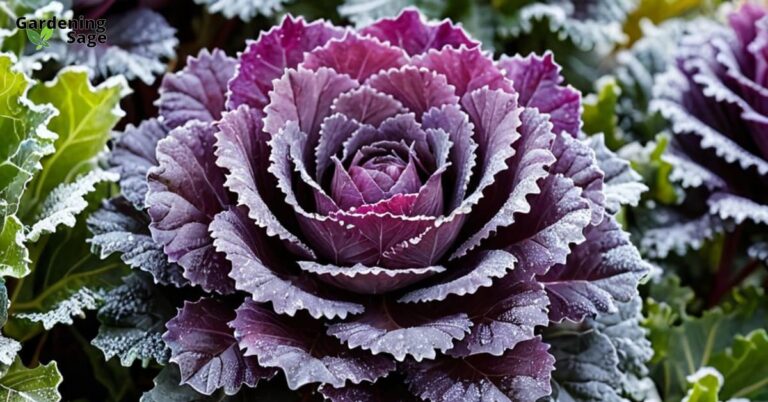Getting Started with Gardening: The Essentials
For beginner gardeners, the prospect of planning and planting your first garden can seem daunting. But with the right guidance, gardening can become an immensely rewarding and fulfilling hobby. By following some key tips and strategies, you’ll be on your way to growing a thriving, beautiful garden in no time.
Choose the Right Location
When embarking on your gardening journey, one of the most important decisions is where to locate your garden. Be sure to pick a spot that receives ample sunlight – at least 6 hours per day. Proper sunlight exposure allows plants to photosynthesize and thrive. Also ensure the location has good drainage and fertile soil to provide essential nutrients to your plants.
Start with Easier Crops
For beginners, it’s best to start with crops that are lower maintenance and easier to grow. Some top recommendations include:
- Lettuce
- Radishes
- Peas
- Beans
- Tomatoes
- Peppers
- Zucchini
- Herbs like basil, thyme, and rosemary
These plants don’t require much upkeep. Plus, harvesting produce you grew yourself is an extremely rewarding feeling for any gardener!
Prepare the Soil
Prepping your soil is one of the most vital steps to ensure your plants get off to a strong start. Remove any weeds, then work compost or other organic matter into the top 6-12 inches of soil to provide nutrients. You can also till the soil with a shovel or rake to break up clumps and improve drainage. Proper soil preparation allows roots to spread and grow unimpeded.
Follow Planting Directions
When planting, be sure to follow seed packet instructions carefully, including proper planting depth, spacing between seeds or transplants, and ideal planting timeframes. This ensures your crops have ample room to mature fully. Also remember to water thoroughly after planting and provide consistent moisture as plants establish themselves.
Use Mulch
Applying 2-3 inches of organic mulch like wood chips or straw around your plants provides multiple benefits:
- Prevents weeds
- Retains soil moisture
- Regulates soil temperature
- Adds organic matter as it decomposes over time
Mulch is an easy way to reduce maintenance needs and keep your garden looking tidy.
Control Pests Responsibly
Common garden pests like aphids, beetles, and caterpillars can quickly damage your plants. When an infestation occurs, explore organic pest control methods first, like using neem oil or insecticidal soaps. For severe issues, targeted application of OMRI-listed pesticides may be warranted, but apply judiciously according to label directions to protect pollinators and the environment.
Additional Tips for Gardening Success
Beyond the basics, there are many simple tips and tricks to help your garden thrive:
- Group plants with similar light and watering needs together for easier care.
- Use trellises and cages to support vining crops like tomatoes and cucumbers.
- Rotate vegetable families each year to prevent soil nutrient depletion.
- Remove spent plants promptly to prevent disease issues.
- Time plantings for continuous harvests of crops like lettuce and radishes.
- Interplant quick-growing crops with slower varieties to maximize space.
- Apply layer of organic mulch around plants to suppress weeds.
Enjoy the Rewards
With proper planning and care, you’ll be amazed at the bounty your first garden can provide. Few things compare to the taste of vegetables and herbs picked fresh from your backyard. Gardening also provides stress relief, light exercise, and a sense of connection with nature. Soon you’ll discover why millions find gardening to be one of life’s simple yet profound joys.
We hope these essential tips inspire you to start your gardening journey. The benefits are endless. Visit our website to find more resources to help you plan and plant your first thriving garden!

